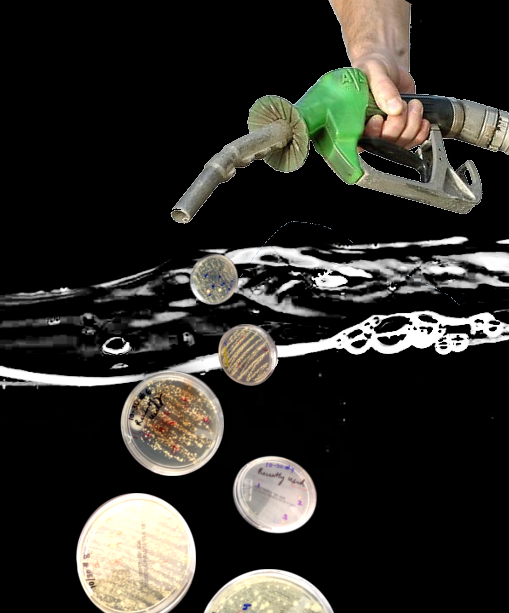New green fuel for short path to power
 Researchers in the US are working on designer bacteria that eat sunlight and can be burned for fuel.
Researchers in the US are working on designer bacteria that eat sunlight and can be burned for fuel.
The exciting project aims to engineer harmless gut bacteria E. coli into a form that can generate renewable propane fuel, providing an alternative as fossil fuels run low.
Many industries are already comfortable with propane, so it was selected to be the fuel model on which the new bacteria is based.
Propane is produced as a by-product during natural gas processing and petroleum refining, and it makes up a large amount of LPG (liquid petroleum gas) for applications from central heating to motor vehicles.
The first part of the project to make sun-powered, burnable bacteria is already halfway done.
In a new study, the team of scientists from Imperial College London and the University of Turku in Finland used Escherichia coli to interrupt the biological process that turns fatty acids into cell membranes.
The researchers used enzymes to channel the fatty acids along a different biological pathway, so that the bacteria made engine-ready renewable propane instead of cell membranes.
They are now looking to insert this engineered system into photosynthetic bacteria, to directly convert solar energy into chemical fuel.
“Although we have only produced tiny amounts so far, the fuel we have produced is ready to be used in an engine straight away,” says Dr Patrik Jones, from the Department of Life Sciences at Imperial College London.
“This opens up possibilities for future sustainable production of renewable fuels that at first could complement, and thereafter replace fossil fuels like diesel, petrol, natural gas and jet fuel.”
“It is a substantial challenge, however, to develop a renewable process that is low-cost and economically sustainable.
“At the moment algae can be used to make biodiesel, but it is not commercially viable as harvesting and processing requires a lot of energy and money. So we chose propane because it can be separated from the natural process with minimal energy and it will be compatible with the existing infrastructure for easy use” Dr Jones said.
The level of propane that the scientists can produce is about one thousand times less than what would be needed to turn it into a commercial product, so they are now working on refining their newly-designed synthetic process.
'An engineered pathway for the biosynthesis of renewable propane' has been published in Nature Communications.







 Print
Print